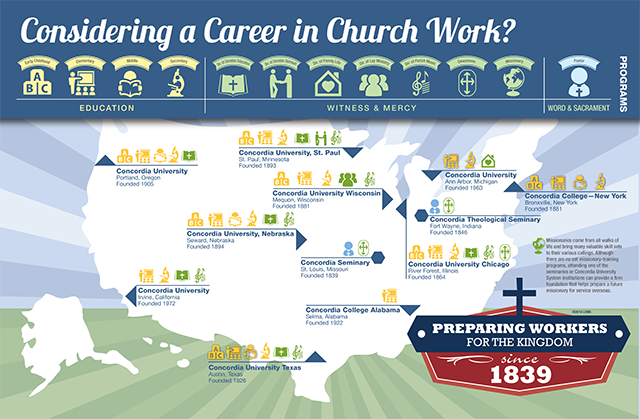Analyze The Fascinating Trip Of Catholic Institutions And Their Significant Contribution To Education And Learning-- Could Their Traditions Be Crucial For Future Discovering?
Analyze The Fascinating Trip Of Catholic Institutions And Their Significant Contribution To Education And Learning-- Could Their Traditions Be Crucial For Future Discovering?
Blog Article
Article Written By-copyright Berthelsen
When you consider the history of education, Catholic colleges stand apart for their deep-rooted practices and long-term impact. These institutions started as a means to instill faith and values, but they have actually adapted incredibly over centuries. https://squareblogs.net/noble41kaitlin/the-function-of-catholic-education-in-nurturing-concern-and-solution , they play a crucial duty fit not simply academic success however likewise moral integrity. What's fascinating is just how they've handled to flourish among altering cultural landscapes, raising questions concerning their future relevance and effect.
The Origins of Catholic Education And Learning: A Historic Point of view
Catholic education and learning traces its origins back over 1,500 years, when very early Christian neighborhoods recognized the requirement for organized knowing. You'll discover that these communities intended to pass on their faith and values via education.
Monasteries and basilica colleges became facilities of discovering, nurturing both spiritual and intellectual growth. As you dig much deeper, you'll see that the educational program frequently consisted of approach, faith, and the liberal arts, made to form well-rounded people.
Over time, the Church developed much more official organizations, guaranteeing that education and learning stayed easily accessible to all. The dedication to mentor ethical values and fostering a sense of area has actually persisted via the centuries, shaping the instructional landscape and influencing countless lives worldwide.
This enduring tradition continues to motivate Catholic education today.
The Advancement of Catholic Institutions Through Social Contexts
As cultures progressed, so did the function of Catholic institutions, adapting to the cultural contexts in which they existed. In the early years, these institutions focused primarily on religious guideline, yet as areas diversified, they started to integrate local languages, custom-mades, and academic demands.
You 'd see that Catholic institutions commonly became centers for social communication, promoting a feeling of belonging among trainees from various backgrounds. In lots of regions, they dealt with societal problems, such as poverty and discrimination, by offering available education for all.
As you check out various societies, you'll see just how Catholic colleges have changed their educational program and teaching approaches, reflecting the worths and obstacles of their environments while remaining true to their fundamental mission of faith and academic quality.
The Modern Function and Influence of Catholic Schools in Culture
In today's globe, Catholic institutions play an important function fit not simply the instructional landscape, however also the more comprehensive community.
You'll discover that these institutions highlight worths like respect, compassion, and social justice, cultivating well-shaped people that contribute favorably to society. By focusing on academic excellence and moral growth, Catholic schools prepare pupils for future obstacles, supporting critical thinking and leadership abilities.
They often offer varied populaces, connecting spaces in accessibility to quality education and learning. In check here , you might observe their commitment to service, encouraging trainees to participate in neighborhood outreach and volunteer work.
visit their website of education and learning and ethical support makes Catholic schools a significant force, cultivating accountable people who can impact their neighborhoods for the better.
Conclusion
To conclude, Catholic institutions have a rich history that's shaped their enduring influence on culture. You have actually seen exactly how they've adjusted to various cultural contexts while maintaining a commitment to faith, values, and academic quality. Today, they remain to play a vital duty in fostering area, advertising social justice, and nurturing responsible people. As you review their legacy, it's clear that Catholic colleges continue to be a powerful force for positive change in the world.
